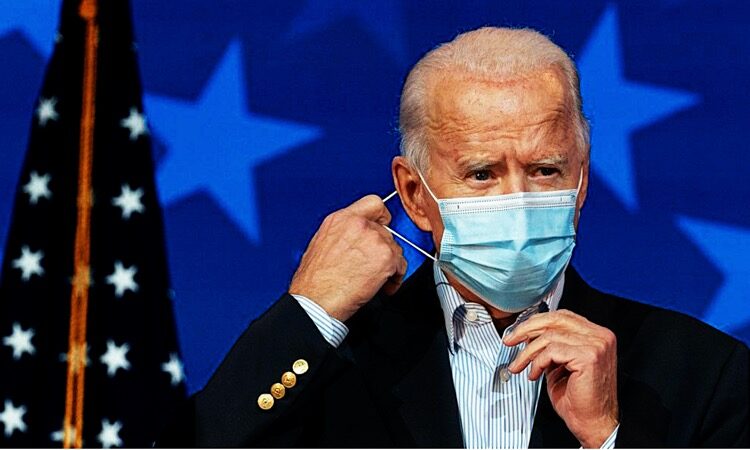Authors: Tom Frieden and Marine Buissonnière | Published 2 March 2021 | Politico
![]() The emergence of more transmissible variants has given a different focus to discussions about how mass vaccination programs may be able to bring the Covid-19 pandemic under control. The strongly nationalistic and competitive focus of many countries is looking less effective as it seems more evident that only global vaccination will remove the risk of reinfection of a country’s population with a new variant.
The emergence of more transmissible variants has given a different focus to discussions about how mass vaccination programs may be able to bring the Covid-19 pandemic under control. The strongly nationalistic and competitive focus of many countries is looking less effective as it seems more evident that only global vaccination will remove the risk of reinfection of a country’s population with a new variant.
Frieden and Buissonnière address this problem from the point of view of the US. They argue that the speed of global vaccination needs to increase, and this could best be done by expanding vaccine manufacturing elsewhere in the world. They also suggest that the vaccines that may be best suited for accelerated manufacturing are the mRNA vaccines.
Excerpts from the article follow.
The emergence of new variants that could evade vaccine protection risks a prolonged pandemic… because uncontrolled spread anywhere in the world allows the virus more opportunity to mutate and more dangerous variants to emerge and spread. The only way to reduce the risk of vaccine-escape mutations here is to increase vaccination and control measures everywhere.
Unfortunately, vaccination is going far too slowly in the rest of the world to accomplish that. There is simply not enough supply yet to meet global demand, and wealthy countries are currently monopolizing most of the vaccine supply… at the current pace, much of the world may not be vaccinated until 2024.
The only realistic way to accelerate vaccination elsewhere in the world is to expand vaccine manufacturing…
The two vaccines that may be best suited for accelerated manufacturing are the mRNA vaccines… because mRNA vaccine production processes require smaller manufacturing facilities [that] can be built in less than half the time and with far lower capital costs. Additionally, mRNA facilities are more likely to be able to be repurposed against new variants and even new threats… No other vaccine platform may offer the flexibility and relatively low barrier to entry of mRNA technology.
In an effort to develop vaccines with unprecedented speed, U.S. taxpayers made substantial public investments in research and development for Covid-19 vaccines. The results have exceeded the most optimistic projections, but with public investment come both collective responsibility and unique opportunities.
The U.S. has a significant interest in sharing the outcomes of this research to protect both global health and our own health security.
Vaccine manufacturers have not been able to meet the urgent health needs of the global pandemic. Therefore, the United States should take steps so that facilities in low- and middle-income countries can manufacture mRNA vaccines.
Transferring technological know-how and setting up production lines around the world is one of the most important steps the Biden administration can take to bring the Covid-19 pandemic under control.
Such an investment would save lives, revive economies, protect Americans from both the risk of variants and new threats, and restore the U.S. position as a reliable and trustworthy partner while advancing global health security and diplomacy.
Read the full article (external link to Politico)
Tom Frieden was director of the Centers for Disease Control and Prevention during the Obama administration where he oversaw responses to the H1N1 influenza, Ebola and Zika epidemics. He is currently president and CEO of Resolve to Save Lives, an initiative of Vital Strategies, and senior fellow for global health at the Council on Foreign Relations.
Marine Buissonnière is an independent advisor in global health and humanitarian action and senior advisor to the Prevent Epidemics team at Resolve to Save Lives.

